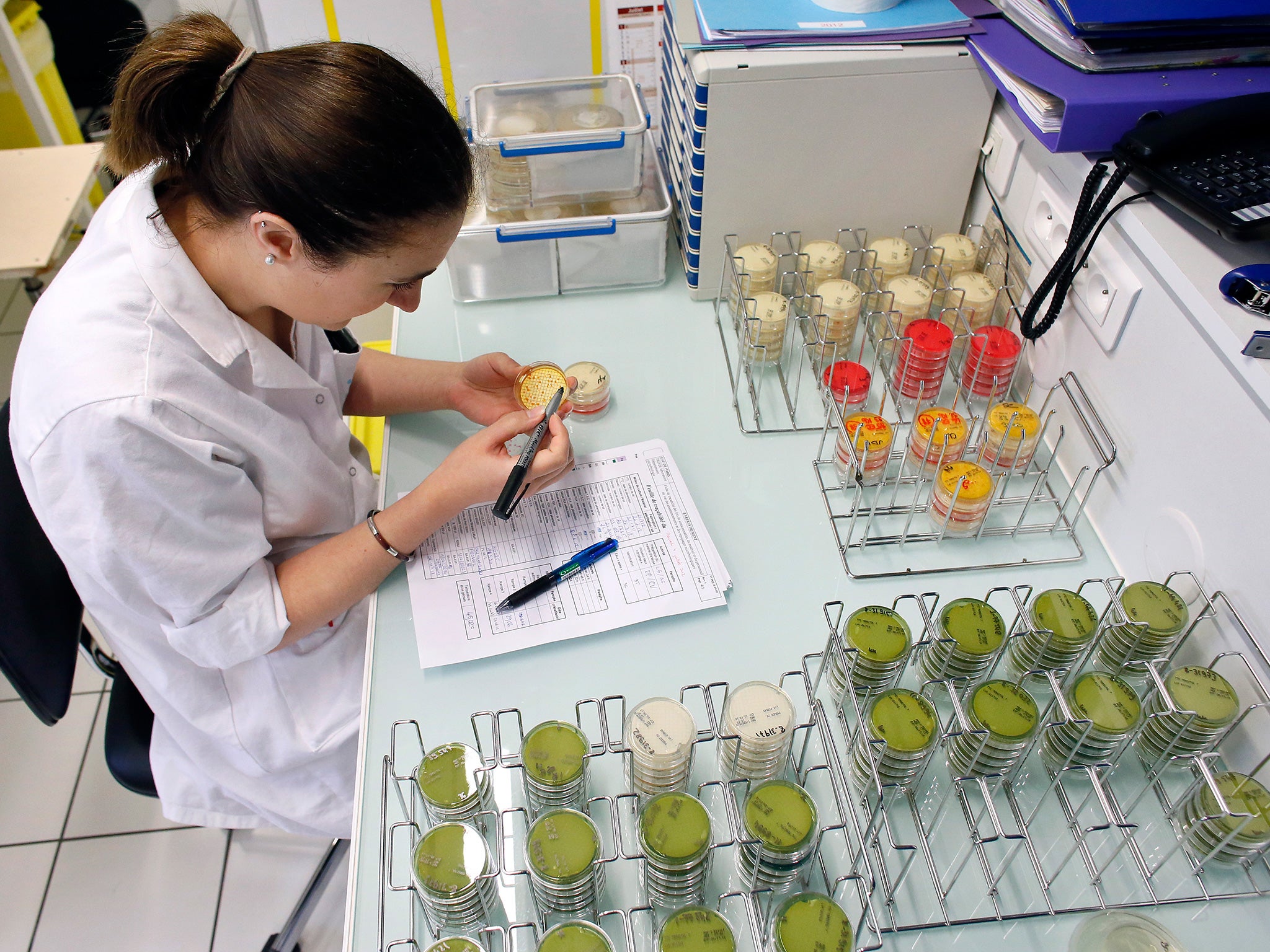Scientists have discovered the taste of fat and say it could hold the key to tackling obesity
Many described it as bitter or irritating and consistently unpalatable

Your support helps us to tell the story
From reproductive rights to climate change to Big Tech, The Independent is on the ground when the story is developing. Whether it's investigating the financials of Elon Musk's pro-Trump PAC or producing our latest documentary, 'The A Word', which shines a light on the American women fighting for reproductive rights, we know how important it is to parse out the facts from the messaging.
At such a critical moment in US history, we need reporters on the ground. Your donation allows us to keep sending journalists to speak to both sides of the story.
The Independent is trusted by Americans across the entire political spectrum. And unlike many other quality news outlets, we choose not to lock Americans out of our reporting and analysis with paywalls. We believe quality journalism should be available to everyone, paid for by those who can afford it.
Your support makes all the difference.There have been many failed attempts to provide evidence of a sixth sense, but now scientists have at least, they claim, come up with a sixth taste – the taste of fat.
Fat, which now joins sweet, sour, salty, bitter, and umami (savoury) has a unique and unpleasant taste that researchers have called oleogustus. They suggest its identification could lead to new ways of fighting obesity and heart disease, and to the creation of improved fat replacements.
“Our experiments provide a missing element in the evidence that fat has a taste sensation, and that it is different from other tastes,” says Professor Richard Mattes, director of the Ingestive Behaviour Research Centre at Purdue University in Indiana, US.
“Identifying the taste of fat has a range of important health implications. At high concentrations, the signal it generates would dissuade the eating of rancid foods,” he adds.
“But at low levels, it may enhance the appeal of some foods by adding to the overall sensory profile, in the same way that bitterness alone is unpleasant but at appropriate levels adds to the appeal of wine and chocolate.”
Current fat replacements may have been less successful than was hoped because they mimic the texture of fat, but not the taste, says the professor. Our food choices are often based on memories of how we felt after eating an item, but the taste of fat may contribute to those associations, he adds.
There has been a consistent recognition over the centuries of four primary taste qualities – sweet, sour, bitter and salty. Umami, referring to a meaty or savoury taste and first reported in 1908, has increasingly been accepted as a fifth basic taste.
In the new study, reported in the journal Chemical Senses, the researchers investigated the taste sensation of non-esterified fatty acids (NEFA), or free fatty acids, which are fat’s basic building blocks.
In two experiments, volunteers wearing nose clips were asked to sample a range of different taste qualities, including NEFA, and sort them into groups of similar qualities. The texture of each of the samples was manipulated to be the same, so the only difference was taste.
Results show that the men and women identified fat as having a taste, different from all the other samples.
“Many people described it as bitter or irritating and consistently unpalatable,” says Professor Mattes.
“The research is difficult because we do not have a widely agreed-upon word to describe the sensation.”
Join our commenting forum
Join thought-provoking conversations, follow other Independent readers and see their replies
Comments